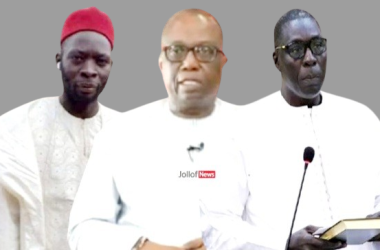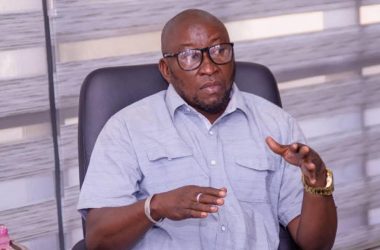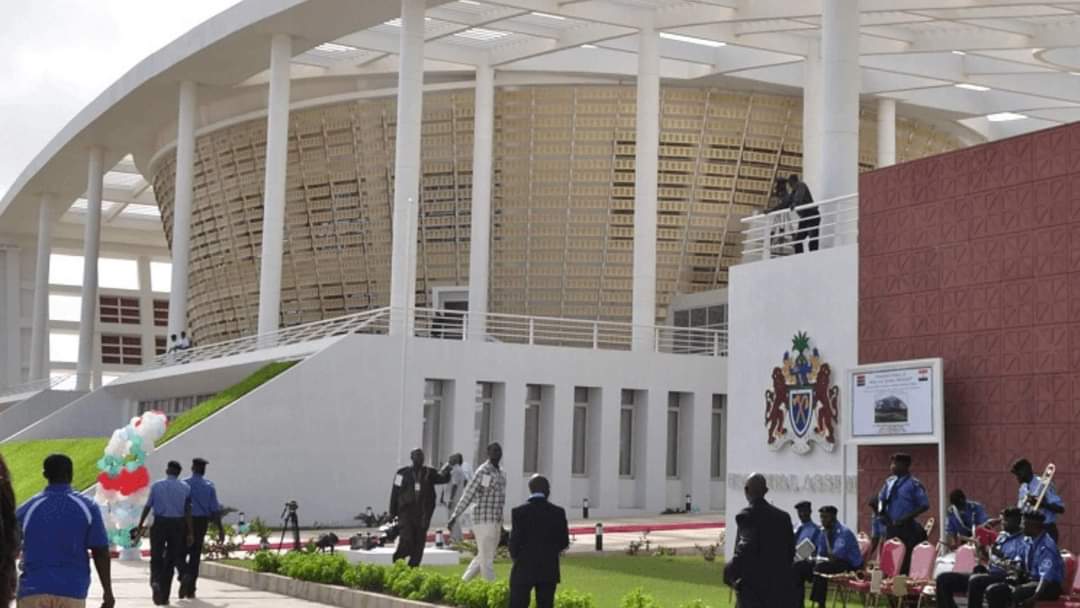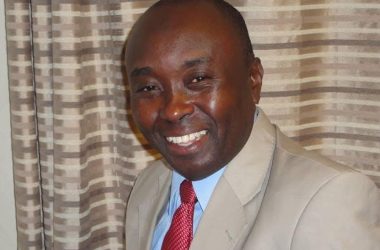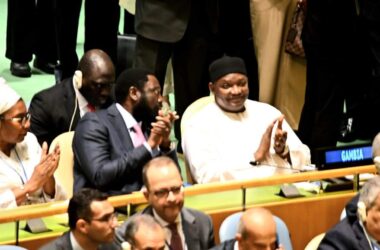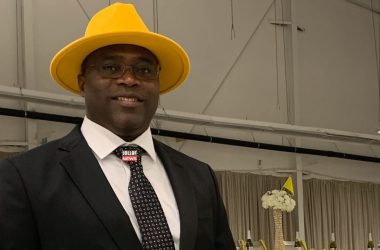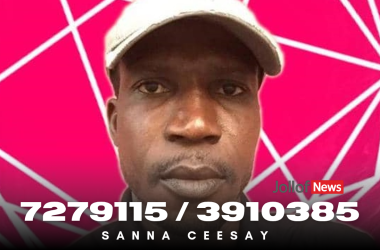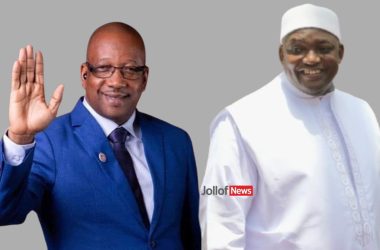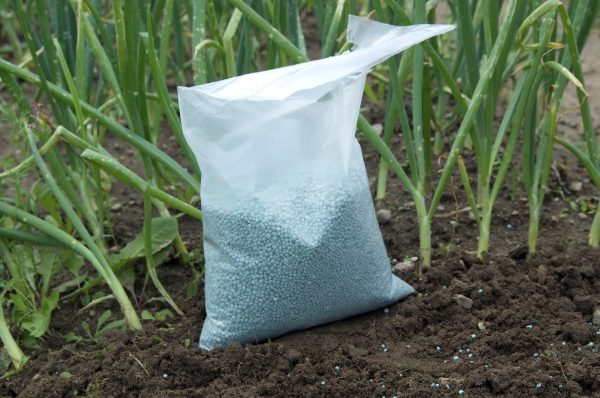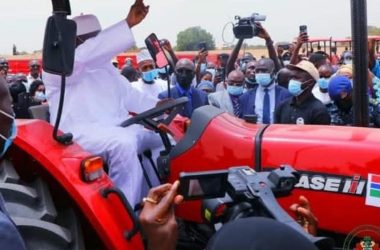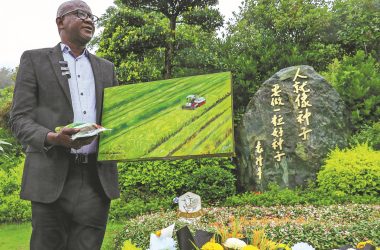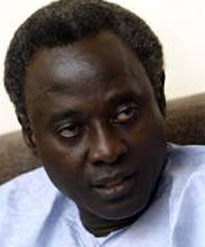
(JollofNews) – An opposition party in the Gambia has rubbished recent pledges by the APRC government of President Yahya Jammeh that the country is going to be food
self-sufficient in 2016.
President Yahya has launched Vision 2016 with promises to move the West African nation from subsistence to a more commercialised agricultural production that will produce sufficient rice to meet domestic consumption needs.
But the People’s Democratic Organisation for Independence and Socialism (PDOIS) has described the president’s pledge as fiction and wishful thinking.
PDOIS said the Jammeh regime can only be taken seriously if it transforms Vision 2016 into a project and stating the amount of hectares it is to put under cultivation, the quantity of seeds and fertiliser needed, the farming implements required for the project, the cost, the source of funding and how Gambian farmers would access all the necessary inputs.
It said the Gambia is far from being food self-sufficient because agriculture production in the country has declined over the years and a large percentage of Gambian farmers are poor and unable to afford fertilisers and farming tools.
“The PDOIS leadership has spoken to farmers all over the country who have expressed their inability to purchase fertiliser at over D1000 per bag,” the party said in a statement.
“They do not have enough seeds and farming or threshing implements and many are threshing rice by hand.”
The opposition party argued that contrary to figures by the Jammeh regime that agriculture in the country engenders 60 per cent of household income and employs 70 per cent of the population, agriculture is contributing less than 30 per cent of the country’s GDP.
It added that for many years, the Gambia has been unable to develop to bumper harvest level its cash crop and food crop production on a level of sustainable basis.
It added there is little linkage between agricultural production and the growth of the domestic economy in real terms in order to attain food self-sufficiency and sustainable development.
PDOIS further argued that despite the Gambia’s commitment to various agricultural frameworks including the Agricultural Land and Water Management Development project (NEMA) which has allocated US$130 million, the Jammeh regime is unable to give tangible facts to confirm whether the country is heading towards food self-sufficiency.
It added: “The PDOIS leadership has visited the vast areas where rice is grown and could be expanded. The gains are being lost to impoverishment and inability to purchase farming inputs, the breakdown of the irrigation systems , the blockage of canals, salt intrusion which makes planting conditional to the availability of rain as well as inability to control hippos, baboons and other competitors for grazing land .
“Furthermore, there is little linkage between agricultural production and processing to add value, income and jobs. The linkage between production and marketing has also broken down. The APRC has no investment policy on how to handle agro-industrial and marketing components of agriculture.”
The opposition party stated that since President Jammeh came to power in 1994, the Gambia has continued to be poor, indebted and being ranked in the class of least developed countries in the world.
“Twenty years after the coup, instead of being an economic super power, the Gambia has not graduated from the class of the least developed countries, but has in fact earned the qualification to join the class of the highly-indebted poor countries of the world,” PDOIS said.
